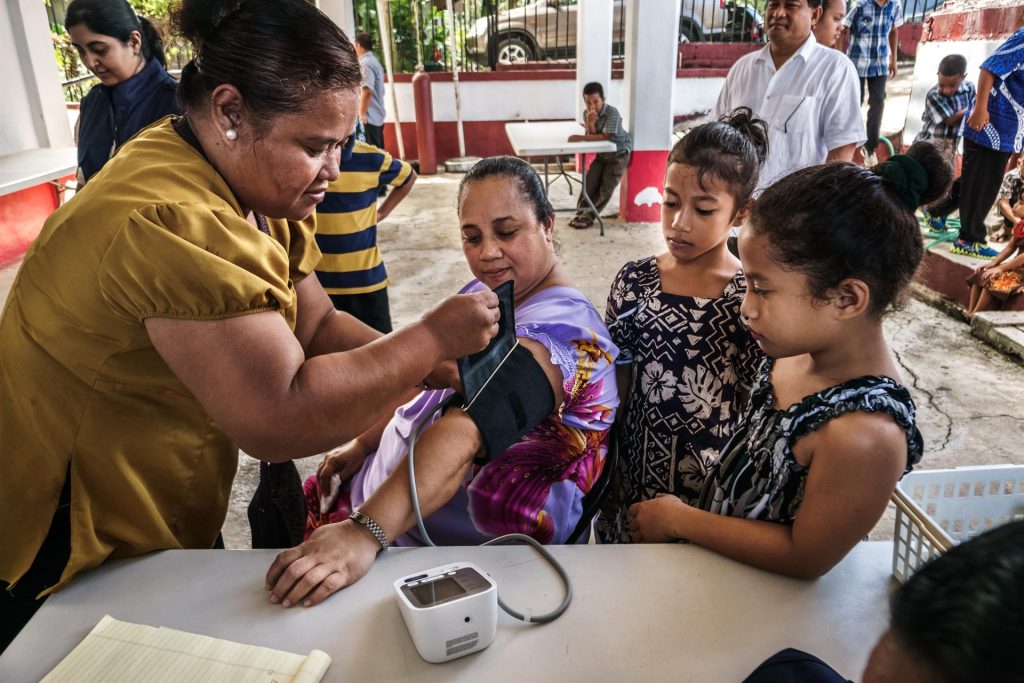MEDICAL SERVICES
Medical Services - Primary Care

The following positions serve under the guidance of the Chief of Dental Services:
- Physicians
- Nurses
- Ophthalmology
- Emergency
- Outpatients
- Inpatients
- Surgical Wards
- Medical Wards
- Pediatrics
- Obgyn
- Morque
- Operation Rooms
- Laboratory-Pathology
- Pharmacy
- X-Ray
- Physical Therapy
Medical Services is an essential division within the Health Department that focuses on providing comprehensive and high-quality healthcare to individuals and communities. It plays a crucial role in ensuring the well-being and medical needs of the population are met effectively. The division encompasses a wide range of medical services, including but not limited to:
- Primary Care: Medical Services division places significant emphasis on primary healthcare, which involves routine check-ups, preventive care, and treatment of common illnesses. Primary care providers serve as the first point of contact for patients, addressing their general health concerns and coordinating further specialized care when necessary.
- Specialty Clinics: This division may consist of various specialty clinics dedicated to specific areas of medicine. These clinics typically offer specialized care for conditions such as cardiology, endocrinology, dermatology, orthopedics, neurology, pediatrics, and many more. Each clinic is staffed with healthcare professionals with expertise in their respective fields.
- Emergency Medical Services (EMS): Medical Services also include an emergency response component, such as ambulance services, paramedics, and emergency medical technicians (EMTs). These personnel are trained to provide immediate medical assistance, stabilize patients, and transport them to appropriate healthcare facilities for further treatment.
- Diagnostic and Laboratory Services: This division may incorporate diagnostic imaging centers, clinical laboratories, and pathology services. These facilities utilize advanced technology and equipment to perform various diagnostic tests, such as X-rays, CT scans, MRIs, blood tests, and biopsies. The results aid in accurate diagnoses and treatment planning.
- Rehabilitation Services: Medical Services often encompass rehabilitation services to assist individuals in recovering from injuries, surgeries, or managing chronic conditions. These services may include physical therapy, occupational therapy, speech therapy, and other specialized rehabilitation programs tailored to meet patients’ specific needs.
- Preventive Health Programs: Medical Services division focuses on preventive healthcare initiatives to promote wellness and disease prevention. This may involve vaccination campaigns, health education programs, screenings for conditions like cancer, diabetes, and hypertension, and promoting healthy lifestyle practices.
- Inpatient and Outpatient Services: Medical Services division manages both inpatient and outpatient care. Inpatient services cater to individuals requiring hospitalization, surgical procedures, or intensive care, while outpatient services allow patients to receive medical attention without being admitted to the hospital.
- Telemedicine: In the modern era, Medical Services may integrate telemedicine capabilities, enabling patients to access healthcare remotely. Telemedicine utilizes technology to facilitate virtual consultations, remote monitoring, and the exchange of medical information, ensuring that medical expertise is accessible to individuals in remote areas or those unable to physically visit healthcare facilities.
